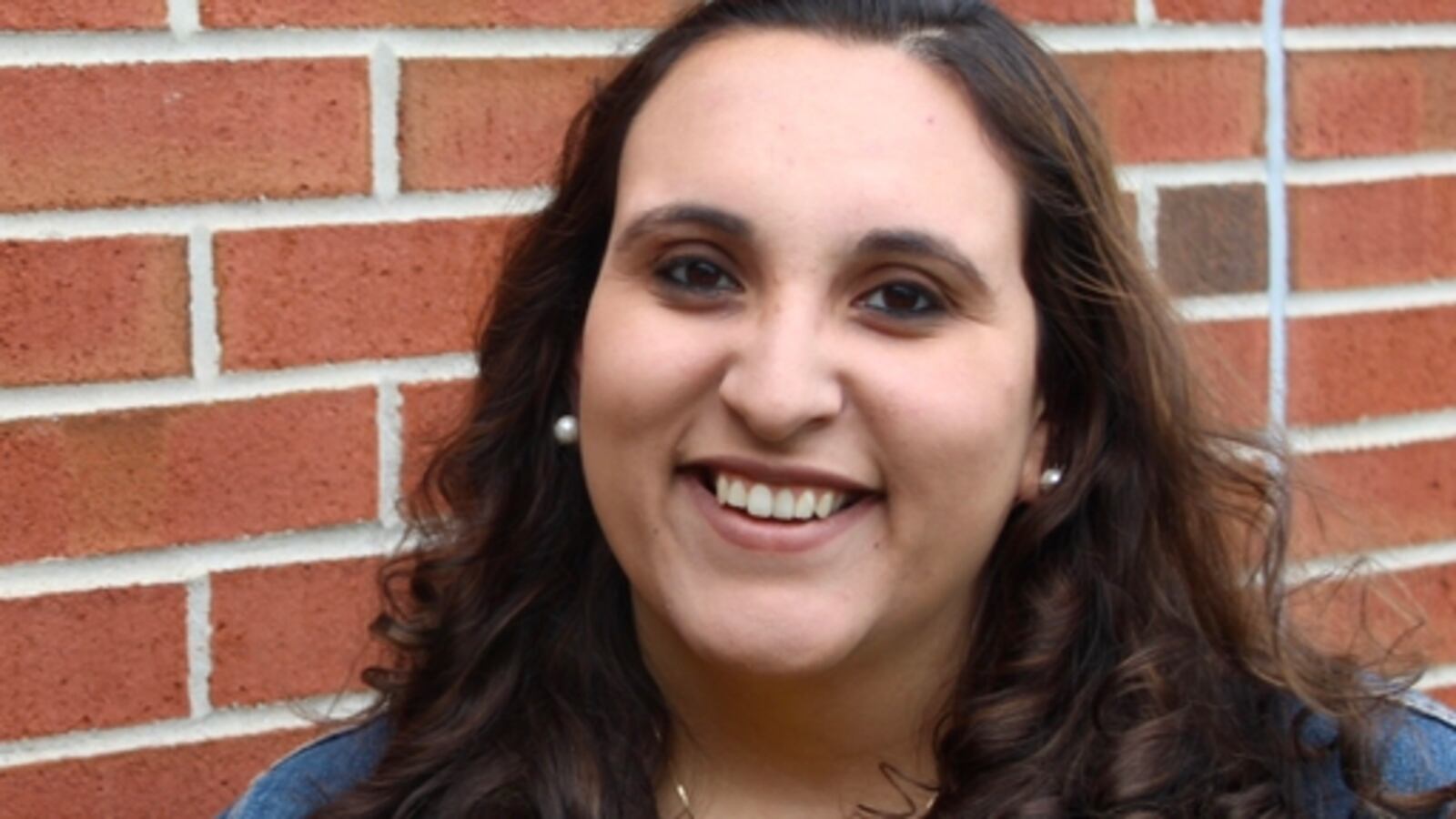(Editor’s note: Chalkbeat Detroit and Crain’s Detroit Business, as part of a collaboration on teacher tenure and retirement issues, set out to hear what it’s like to teach today and how Michigan leaders can make the profession more attractive. Here is one response.)
Teaching is a calling. Teachers can change the world. To be a teacher is to touch a life forever.
These lofty proclamations sound great with their implied respect for educators, but as a college student preparing to become a teacher, I’ve discovered that they actually serve to trivialize the profession to martyrdom. One minute teachers are hailed as front line heroes – the next they are villainized as selfish and lazy.
Early in the pandemic, teachers were portrayed as intrepid warriors driving to students’ homes to impart knowledge or creating Broadway-quality musical numbers to deliver content. Those educators should be commended for amazing work, but when those superhuman examples move from the exceptional to the expected, something has to give.
I’ve been fortunate to have many great teachers. They weren’t applauded on Good Morning America, but to me, they were on that level. They were knowledgeable, wise and created a nurturing environment that helped me succeed. Most people recall similar stories about one or more teachers who positively impacted their lives.
That is the mythos that the general public wants to believe. But this is not the complete story.
It amazes me when some are surprised that enrollment in teacher education programs has plummeted and that we are experiencing a real and dire teacher shortage. As a country we have long blamed public education and educators for the ills of society. No wonder – they are an easy target. Teachers genuinely care about their students and continue to do more with less, shielding their students from harm caused by policymakers’ decisions.
Like the slowly boiling frog in the fable, many veteran teachers feel trapped – and their only recourse is to tell aspiring educators not to pursue a career in education. That is tragic.
For those of us who blocked out the tumult and persevered in our passion for education with the hope of being a teacher, we are met with obstacles rather than opportunities.
I began my pursuit of a degree in education at Michigan State University because it has been consistently ranked as one of the top teaching programs in the country. I knew that teaching is part science and part art; I was excited to develop my understanding and skill in both. Developing these skills takes time, and programs that shortcut this learning are not the answer – nor is prolonging a program that makes completion a Herculean effort.
MSU’s student teaching program has remained virtually unchanged for decades. For many it has become a program that is not equitable, not accessible, and not sustainable – and MSU’s program isn’t alone in that regard.
The financial burden of taking additional coursework and completing a fifth-year unpaid “student teaching” internship creates barriers for students who do not come from middle- or upper-class families.
The time commitment prevents participants from working to earn money to offset the expenses, which often can’t be covered by scholarships and grants as graduate-level education. The university-controlled placement often requires participants to pay extra for housing and transportation. Additional coursework during the internship doesn’t always count toward master’s degrees. All these costs are more than the typical first-year salary of most Michigan teachers – and are on top of already staggering student loan debt for many.
The result is unbearable stress and pressure for participants. MSU acknowledges that interns will cry repeatedly during their placement. Many students drop out of the program, seek mental health support, or leave the profession early.
We would not tolerate these circumstances for PK-12 students, and we should not tolerate them for aspiring educators either.
Despite the many obstacles ahead of me, I’m more determined than ever to become an educator. However, if we continue to burn out aspiring educators even before they begin their career, the teacher shortage will only get worse.
I’d like to see a country that is committed to uplifting and supporting the next generation of educators and leaders. Colleges and universities – along with policymakers – can help by eliminating obstacles and barriers for those next gen educators.
That alone will help us, as future teachers, hold on to the hope that our society will recognize the importance of the work we do and value our calling to educate future generations of Michigan students.
Brittany Perreault of Oak Park is a senior in Michigan State University’s College of Education and president of Michigan Education Association’s Aspiring Educators of Michigan program.

